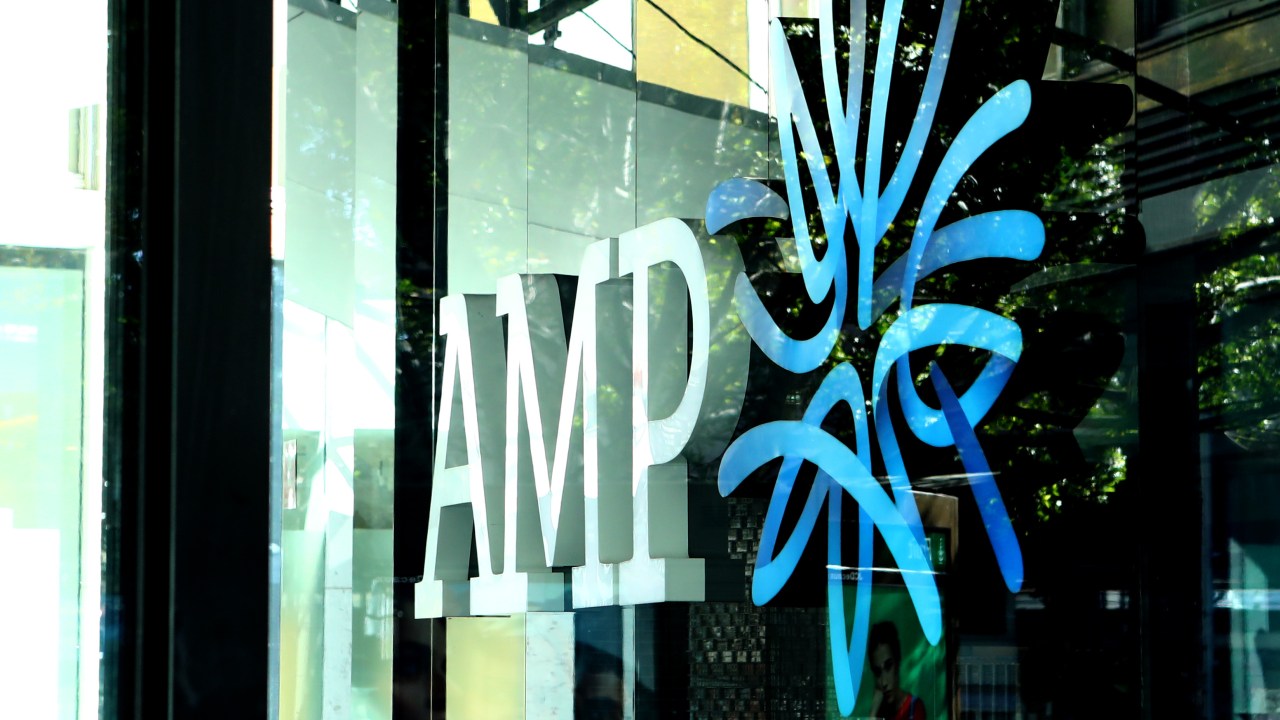Major super fund’s ‘draconian’ contract allows surveillance of employees at home
Staff at a major superannuation fund have been given one week to sign a contract which allows surveillance of its employees working from home, selling their personal information and making them undergo a medical exam.
The contract from AMP, which has been panned as “draconian” by the Finance Sector Union, also forbids workers from seeking advice about this contract from a lawyer or accountant without the company’s permission, The Australian has revealed.
It also requires former employees to assist the super fund with legal proceedings for upwards of seven years.
About 2000 staff members were handed the contracts on Monday and given until March 24 to sign and return them.
The contracts would force employees to give up rights such as penalties, overtime and annual leave in exchange for a “flat rate” of pay, according to FSU.

It also said staffers were being incentivised to sign these contracts with a $1000 share plan grant and failure to sign will mean they are not eligible for employee incentive programs.
“This is a draconian contract that features some very disturbing surveillance and medical privacy provisions,” FSU’s national assistant secretary Nicole McPherson said in a statement.
“It is shocking that any employer would propose the right to video monitor its workers in their own homes, force them to undergo a medical examination by the employer’s doctor of choice and give up their right to privacy of medical information.”
The contract says AMP “may carry out continuous, ongoing camera surveillance on or around the premises of AMP and in any other place where you work”, with one day’s notice.
Ms McPherson said the fund could possibly monitor employees via built in cameras on people’s computers when they are working at home.
“Is this legal? Well, that really depends on the state, but we have some serious concerns,” she told Sky News on Friday.

The union is advising AMP workers not to sign this contract and has proposed a litany of changes.
“We're waiting to hear back, but workers only have until Monday to sign this contract so AMP is absolutely on the clock,” Ms McPherson said.
“It's really up to them now to see whether they're going to do the right thing or not.”
AMP is also trying to undermine the right to disconnect through a clause in some contracts that requires workers to reply to contact from the super fund and third parties outside work hours, the union said.
The contract also allows AMP to change work location at any time and enforces limitations on damages for breaches of the contract that involve personal illness.

Ms McPherson called on AMP to come to the negotiating table as the contract fails to include critical details usually found in these agreements.
“Because AMP refuses to bargain for a new Enterprise Agreement, important rights are in policy, meaning AMP can remove or change things at any time,” she said.
“For example, the new contract does not contain details of any guaranteed pay increase, leave or redundancy entitlements.
“AMP needs to come to the table and urgently negotiate an Enterprise Agreement which would give its workers rights and protection.”
An AMP spokesperson defended the surveillance of the workers and insisted they would not be video monitored at home.
"(The surveillance clauses) are common in most contemporary employment contracts, including the right to monitor employee computer usage on employer-provided devices when they are working from home,” the spokesperson told The Australian.
“References to camera surveillance relate to CCTV cameras used in and around AMP premises, and we will not conduct camera surveillance on employees when they work from home.”
Add your comment to this story
To join the conversation, please log in. Don't have an account? Register
Join the conversation, you are commenting as Logout
免责声明:投资有风险,本文并非投资建议,以上内容不应被视为任何金融产品的购买或出售要约、建议或邀请,作者或其他用户的任何相关讨论、评论或帖子也不应被视为此类内容。本文仅供一般参考,不考虑您的个人投资目标、财务状况或需求。TTM对信息的准确性和完整性不承担任何责任或保证,投资者应自行研究并在投资前寻求专业建议。
热议股票
- 1
- 2
- 3
- 4
- 5
- 6
- 7
- 8
- 9
- 10